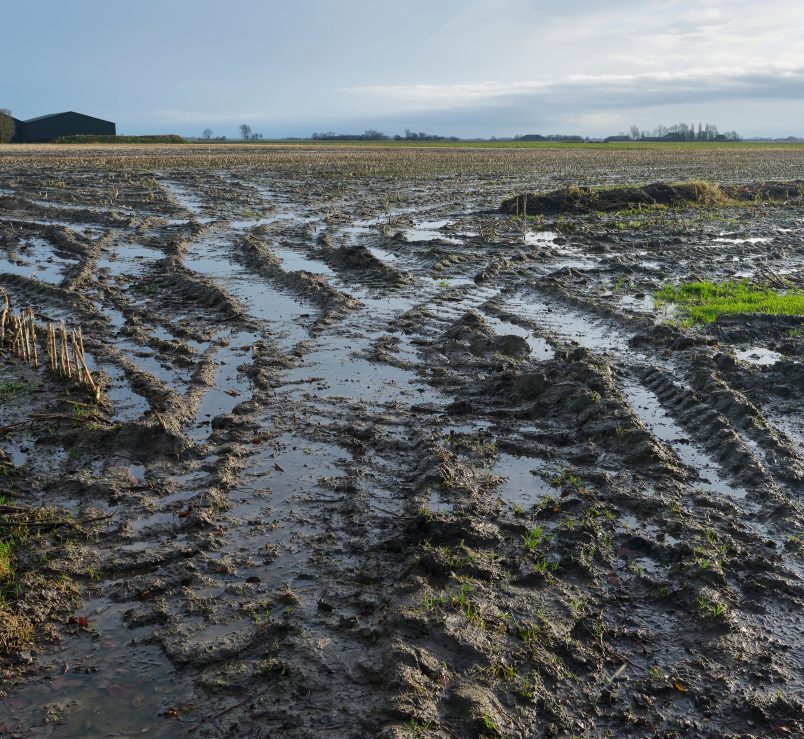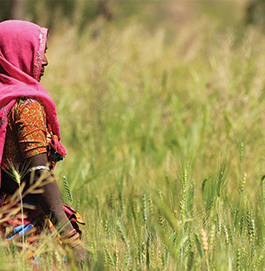Evaluation of the Dutch Weather Insurance Subsidy Scheme
Due to climate change, we have increasingly experienced extreme weather in the Netherlands in recent years. These weather extremes more often lead to disasters or damage resulting in financial risks – including in the agricultural sector. For this reason, the Dutch government subsidises the ‘broad weather insurance scheme’ (BWV) to make farmers and horticulturists more financially resilient against storm damage. Commissioned by the Ministry of LNV, Ecorys evaluated this subsidy scheme together with Wageningen University.
Background
Before broad weather insurance (BWV) was introduced in 2010, the government compensated agricultural damage caused by extreme weather on an ad hoc basis. This made it uncertain for the agriculture sector what part of any damage would be for its own account and what part would be compensated by the government. Therefore, the government asked crop insurance companies at the time whether it would be possible to offer insurance for all forms of extreme weather in addition to storm and hail insurance.
The premiums would be relatively high with fully private insurance, especially in the early years, because insurers still had to gain experience with the extent of damage incurred. Therefore, the government provided a subsidy to reduce the net premium and ensure that after a few years, enough participants would join and this would create a better understanding of the risk and damage.
An advantage for the government was that its expenditure on weather insurance would become predictable annually and easier to budget for. When the BWV was introduced, the idea was that the government would step in with a subsidy for a number of years and then the market could operate without support. We are now 13 years on and a good analysis of how the market has developed and the future of this subsidy scheme can be done.
Our evaluation focuses on the (expected) reach, (expected) effectiveness and (expected) efficiency of the BWV in the period 2010 – 2027 and aims to provide accountability to the House of Representatives. The evaluation is also used to learn and provide input for government policy from 2024 onwards in the context of weather-related risks.
Key findings
The key findings from our study are as follows:
- Broad weather insurance (BWV) contributes to a financially resilient agricultural sector. It enables farmers to take climate-proof measures and mitigate financial risks.
- The structural subsidy from the Dutch government will remain necessary for a well-functioning BWV in the coming years. Encouraging the BWV fits within current agricultural policy and climate adaptation policies.
- It is important that the subsidy does not cover the full damage and that farmers continue to pay an own contribution. This prevents farmers from taking more risks because the financial damage is limited.
- It is recommended to stay the course as a government. With the BWV and Disaster Damage Compensation Act, the financial risks for farmers are sufficiently covered.
- The BWV is well designed and regulated but insurers and farmers see the following improvements in the administrative processes: 1) the accreditation for insurers can be issued for several years, 2) the processing of farmers’ parcel data can be improved and 3) insurers would be able to finance claims faster if a six-monthly advance payment is used.
Our full report (in Dutch) can be read here.

10 September 2024
3 minute read
Sectors
Services
Key Experts
Bart Witmond
Partner
Elvira Meurs
Principal Consultant
Hannah Schutte
Senior Consultant



